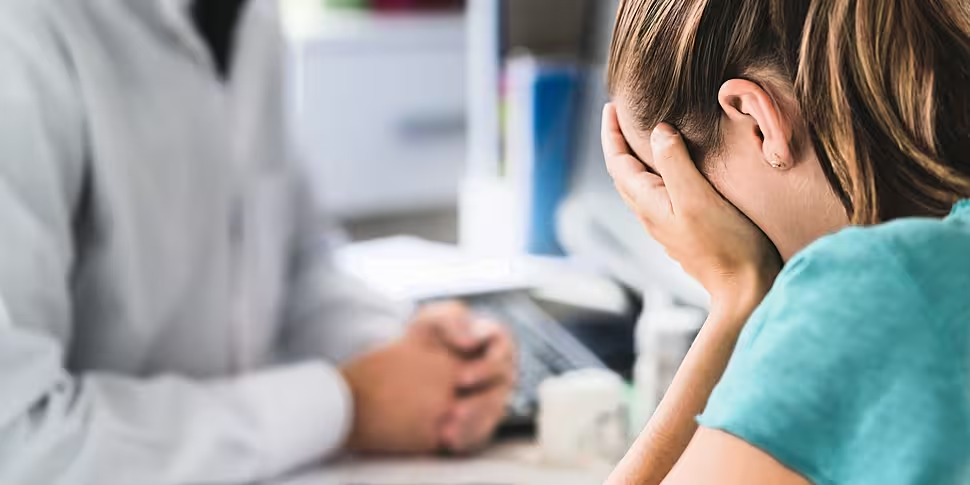‘Dr Google’ can be a useful tool – but searching for health advice online can often lead to more harm than good, a leading psychiatrist has warned.
The term 'cyberchondria' describes the process by which a person becomes increasingly anxious about their health because of misleading or overwhelming information they find online.
While verified sources can provide useful information, there are also many bad actors online.
People can also find it difficult to process such a large amount of information – leading to increased anxiety about their health.
On Newstalk Breakfast today, Trinity Psychiatry Professor Brendan Kelly said “we need to keep our heads screwed on” when it comes to using the internet to diagnose health problems.
“What happens is things escalate out of control and [when you have] very small, minor symptoms - you suddenly see a vast range of things that it could be,” he said.
“You immediately latch onto the worst one and seek further information to confirm that online.
“We should absolutely use Dr Google and use the internet, but we need to keep our heads screwed on.
“Let's say you have a sore throat and you decide to look it up on the Internet - obviously, information from HSE.ie or from the NHS is reliable.
"Random people on TikTok are not so reliable.”
How to help
Dr Kelly said one way to limit health anxiety is to spend less time searching and to be aware of individual biases that might influence search results.
“We have a negativity bias, where we tend to interpret things negatively, and a confirmation bias,” he said.
“So, we get worried about something and they’re the words we punch into the search engine - so unsurprisingly that is exactly what we find.
“Then what kicks in is called an ‘anchoring bias,’ which is [where] all other information is now seen as needing to disprove the first incorrect information.
“So we've gone down a rabbit hole in the blink of an eyelid.”
Prof Kelly said a qualified medical professional will always be more reliable than any information you find online.
“Remember - material online isn't personalised to you, but a discussion with a healthcare professional or a friend is personalised to you and is therefore more helpful,” said Dr Kelly.
While this is a cyberchondria is a modern phenomenon, Prof Kelly said it can affect those of all ages.









